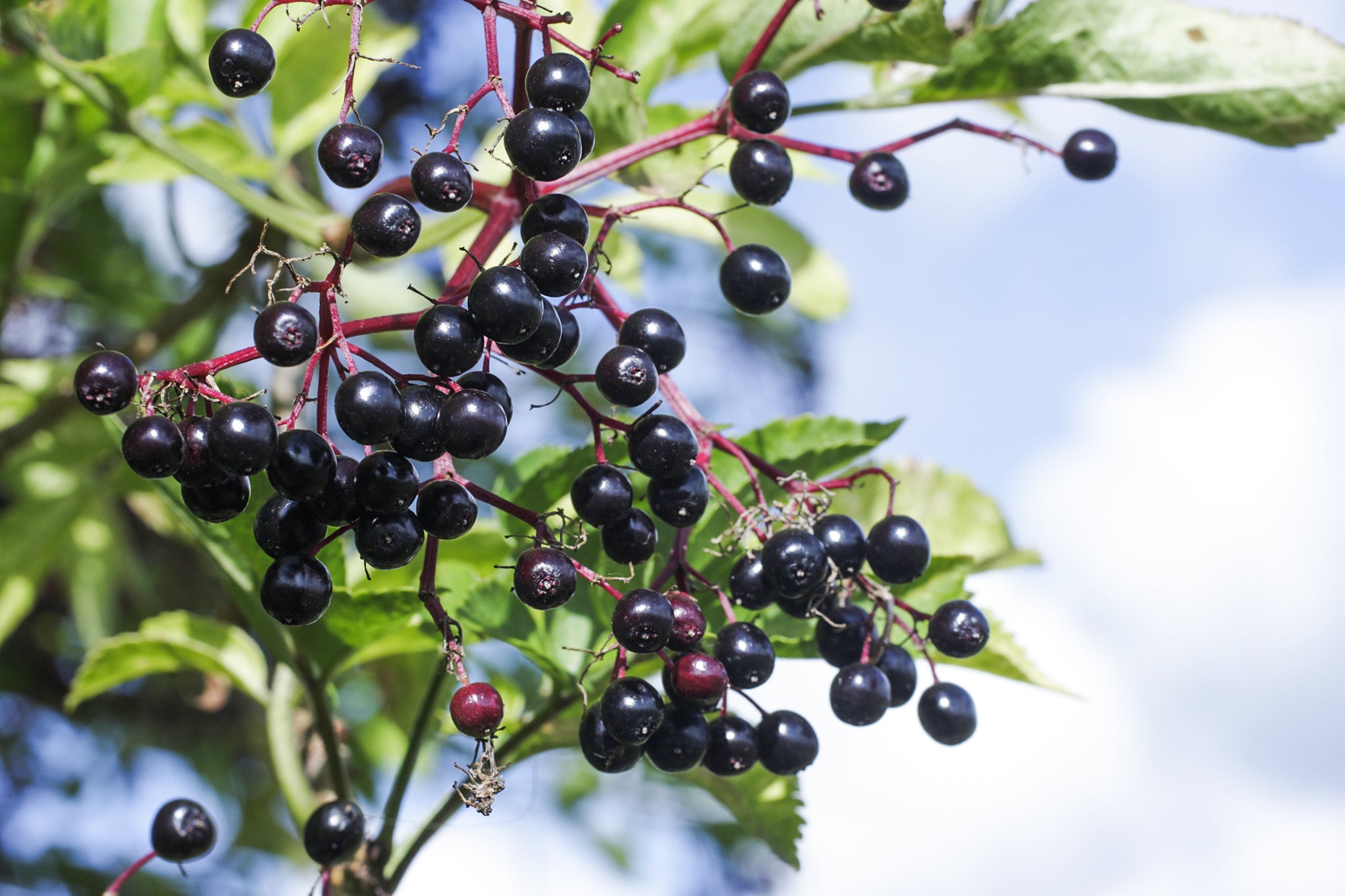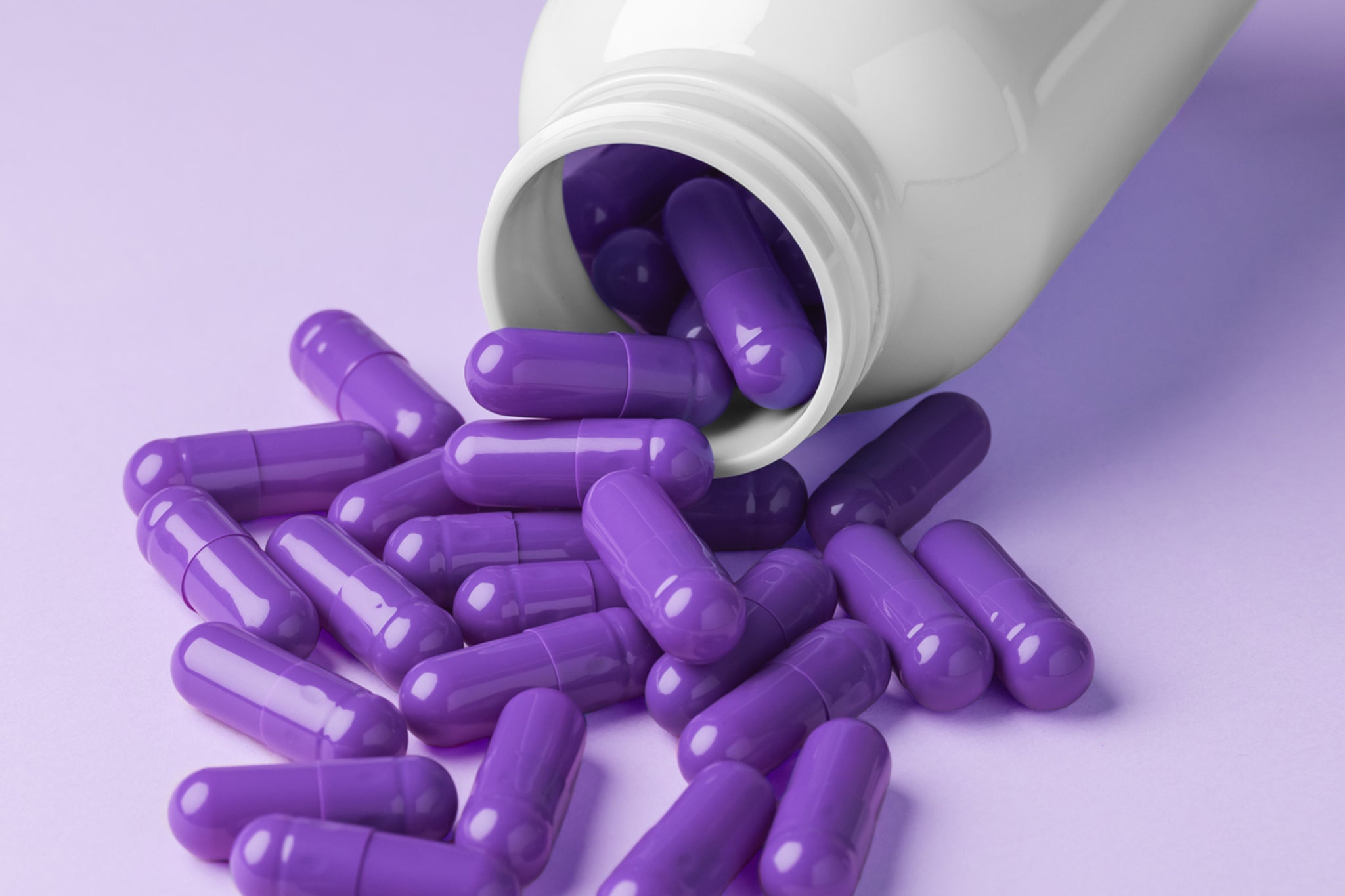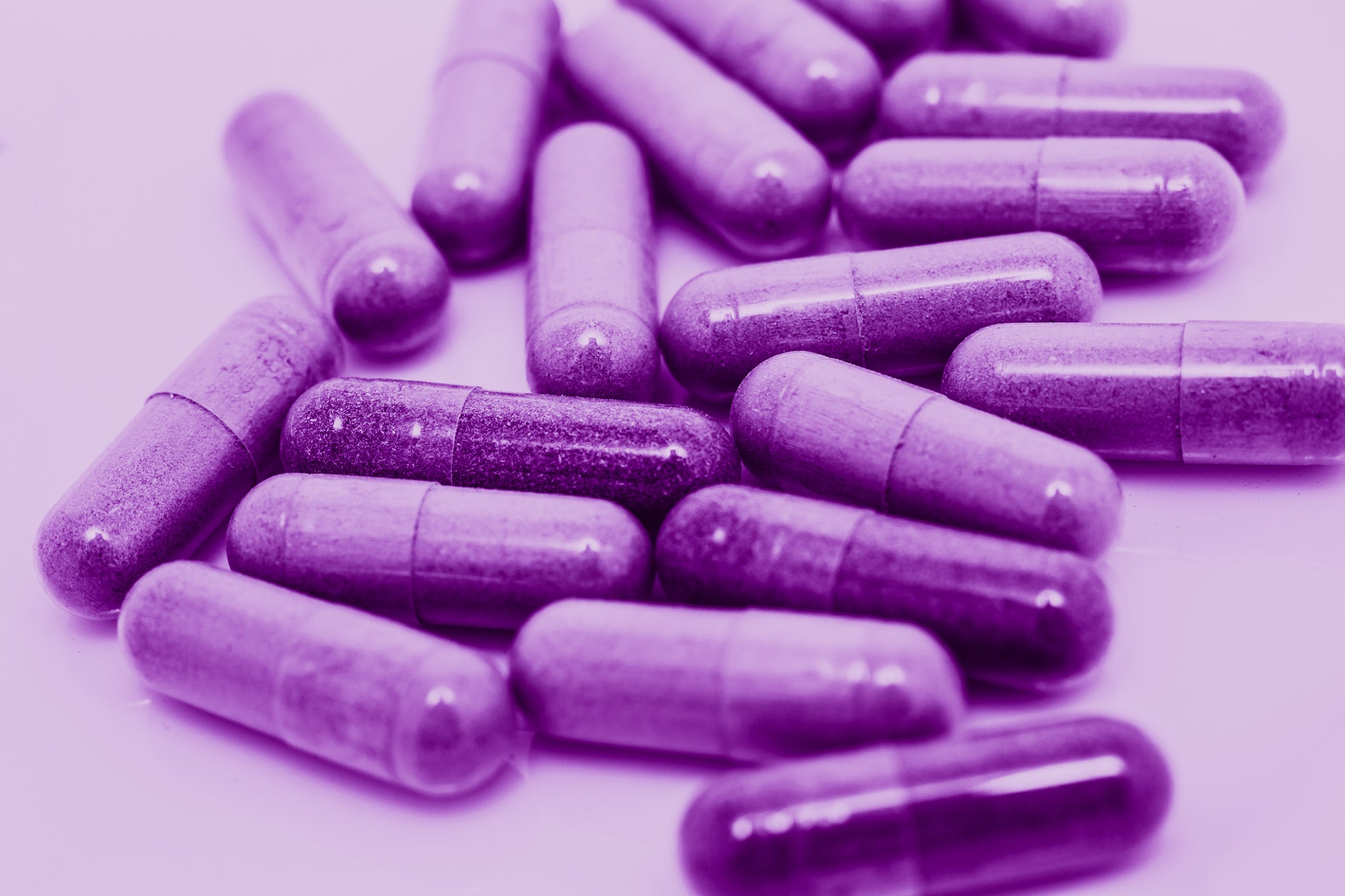Americans spent $175 million on elderberry products last year. Do they actually work?
Experts say more research is needed before we can know for sure just how effective they are

Your support helps us to tell the story
From reproductive rights to climate change to Big Tech, The Independent is on the ground when the story is developing. Whether it's investigating the financials of Elon Musk's pro-Trump PAC or producing our latest documentary, 'The A Word', which shines a light on the American women fighting for reproductive rights, we know how important it is to parse out the facts from the messaging.
At such a critical moment in US history, we need reporters on the ground. Your donation allows us to keep sending journalists to speak to both sides of the story.
The Independent is trusted by Americans across the entire political spectrum. And unlike many other quality news outlets, we choose not to lock Americans out of our reporting and analysis with paywalls. We believe quality journalism should be available to everyone, paid for by those who can afford it.
Your support makes all the difference.Americans are spending millions on elderberry supplements every year in a bid to stave off colds and the flu, but the jury is out on how effective they actually are.
In the last year, U.S. consumers reportedly spent $175 million on elderberry pills, syrups and powders, according to the Nutrition Business Journal, as first reported by The Washington Post.
The dark purple berry, rich in antioxidants and vitamins, is found in North America, Europe, North Africa, and Western Asia and has been used in folk medicine for centuries.
After Covid-19, elderberry products boomed into a multimillion-dollar business, but claims that the supplements support immune health have not been verified by the Food and Drug Administration.
Experts say more research is needed before we can know for sure just how effective they are.

Dr. Matthew Badgett, an internal medicine physician at the Cleveland Clinic, is optimistic about elderberry supplements in treating symptoms of colds and flu but said it is not “a game changer.”
“It might be slightly beneficial,” Badgett told The Independent, adding that there are a handful of notable trials in humans that yielded “impressive results” by reducing flu symptoms.
“Some of these results were really just miraculous,” he said of one study that reduced flu-like symptoms by an average of four days. “When you think that the average symptom duration is seven days, and patients start taking [elderberry supplements] on day two. That basically meant all the flu symptoms were gone the next day.”
Badgett caveated that the findings need to be confirmed in a larger study.
Another major unknown is how effective elderberry supplements are at preventing a cold or the flu as not enough research has been done. “Once we already have symptoms of the virus, the viral load is already really, really high. So it might be you might have to start treatment before you’re sick, and then that’s functionally not possible to do,” Badgett explained.
“That’s where the question of prevention comes. If you take this all the time, and whatever active chemical of the elderberry is in your bloodstream, is that going to stop the viruses from taking off? That is an unanswered question.”

The supplement industry has funded studies that showed more favorable results, which consumers should bear in mind, Badgett advises.
“The reality is that a lot of our studies are always going to be industry-funded because they have reason to publish data,” he said. “They’re the ones who are funding it. But we also know that studies published by the industry are more likely so positive results than ones that are non-industry funded.”
Elderberry supplements are generally safe, but raw or unripe elderberries can be poisonous. “These parts contain cyanide-producing substances, which can cause nausea, vomiting, and diarrhea,” Dr. Kirstyn Hill, a clinical pediatric and women’s health pharmacist, warned in an article for Health.com.
“You should cook the plant and berries thoroughly to eliminate the poisonous substances when consuming the plant or fruit,” Hill advised. “Most well-made commercial elderberry products should not contain raw or unripe elderberries. When buying a supplement, make sure the product has been independently tested.”
Badgett added that the sheer volume of elderberry products on the market can be overwhelming and unclear. “When you look at all these supplements, there’s all these supplements and all these different versions of elderberry and all these different formulations. It’s like comparing apples to oranges and trying to figure out what is what, and it really isn’t clear.”
Experts tend to agree that no supplement can ever be as effective in preventing cold and flu than healthy eating, exercise, and getting vaccinated.
“When it comes to preventing infections like colds and flu, there’s just no substitute for hand-washing and vaccines,” Kori Flower, chief of general pediatrics and adolescent medicine at the University of North Carolina’s Department of Pediatrics, told the Post.
Join our commenting forum
Join thought-provoking conversations, follow other Independent readers and see their replies
Comments